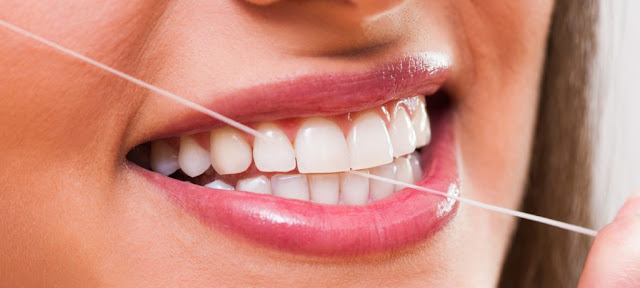I think I have already shared with you that my husband and I are in Tonga and will be serving here at the LDS Liahona High School for the next 3 months in the dental clinic.
The desire to give service in Tonga was born 15 years ago when we picked up our daughter and her husband who had come with BYU travel study. After 3 months of boarding with local families and eating a lot of Taro and Spam my daughter was in bad shape when we picked her up. She had cracked lips, pale skin and had just kind of lost her usual luster. She lamented that she hadn’t thought to bring at least a bottle of multi-vitamins. There had been a monsoon on the island so fresh fruit and vegetables were in short supply and over fishing had depleted the fresh fish supply.
Even without being subjected to foreign foods and monsoon depletion it can still be difficult to get all of the nutrients we need in our daily diet. Fast food, highly processed food and even natural foods grown in depleted soils can add to the issue. Vitamin supplements can fill in the gaps that may result.
Here are 3 reasons to consider Vitamin Supplements:
Keep Our Bodies in Good Working Order
Vitamins work hard to keep our bodies functioning properly and they help drive essential processes needed in our everyday lives. Each nutrient is on a mission to deliver health benefits that help you reach your wellness goals.
Healthy Aging
Our cells experience wear and tear as time passes, but proper nutrition can slow down this process. Vitamins, like antioxidants, function to protect cells from environmental stressors, helping to support healthy aging.
Cover Your Nutritional Bases
We do our best to eat healthy, but some nutrients are hard to get from food alone. A multivitamin can ensure you meet your regular daily requirements for all the essential vitamins and minerals.
What Can Vitamins Do for You?
Support Immunity
Good nutrition makes for a durable immune system. Your immune system relies on what you put into your body, and certain nutrients are known for their immune-supporting benefits.
Vitamin C is considered one of the biggest immune supporters. It's an antioxidant that protects your cells from damage caused by oxidative stress from free radicals, which are unstable molecules. Zinc is also critical for immune cell development and communication and studies indicate that it may promote immune health.[2]
Support a Healthy Metabolism
B-complex vitamins, like thiamin, riboflavin, folate, biotin, and vitamins B6and B12 collaborate with other enzymes in your body to metabolize energy from protein, fats, and carbohydrates. Staying physically active and eating a healthy diet also help to maintain a healthy metabolism—factors that are important for healthy aging and your overall health.[3]
Maintain Strong Bones
You probably already know that calcium is critical for healthy bones. But did you know that calcium needs vitamin D to successfully fulfill its job of helping to build healthy bones?
The skin produces vitamin D following direct exposure to sunlight, but the necessary use of sunscreen, weak winter sunlight, and poor skin absorption all work against production of this vital nutrient. And though vitamin D is added to milk, many people don't drink enough dairy products to benefit.[4]
Meeting Your Nutritional Needs
Committing to a new eating habit or lifestyle can feel rewarding, but you may unintentionally eliminate essential vitamins and minerals.Multivitamin supplements can cover these common nutritional needs. Read on to see which nutrients get weeded out of some of the most popular diets.
So our last weekly challenge for this round of competition is to take at least 1 vitamin supplement daily.
Personality I consult with an amazing Naturopath/MD in Florida and I brought a couple of big zip lock bags full of vitamins with me on our adventure. I intend to continue to support my body’s challenge to overcome the eye related disease I’ve been battling plus I certainly don’t want to head home with cracked lips.
I like the Pure Encapsultations ONE Mutltivitamin but you can select whatever supplement that sounds good to you.
I would also like to encourage you to have your Vitamin D level checked next time you have a check up. Low Vitamin D leads to osteopenia, osteoporosis and cancer.






